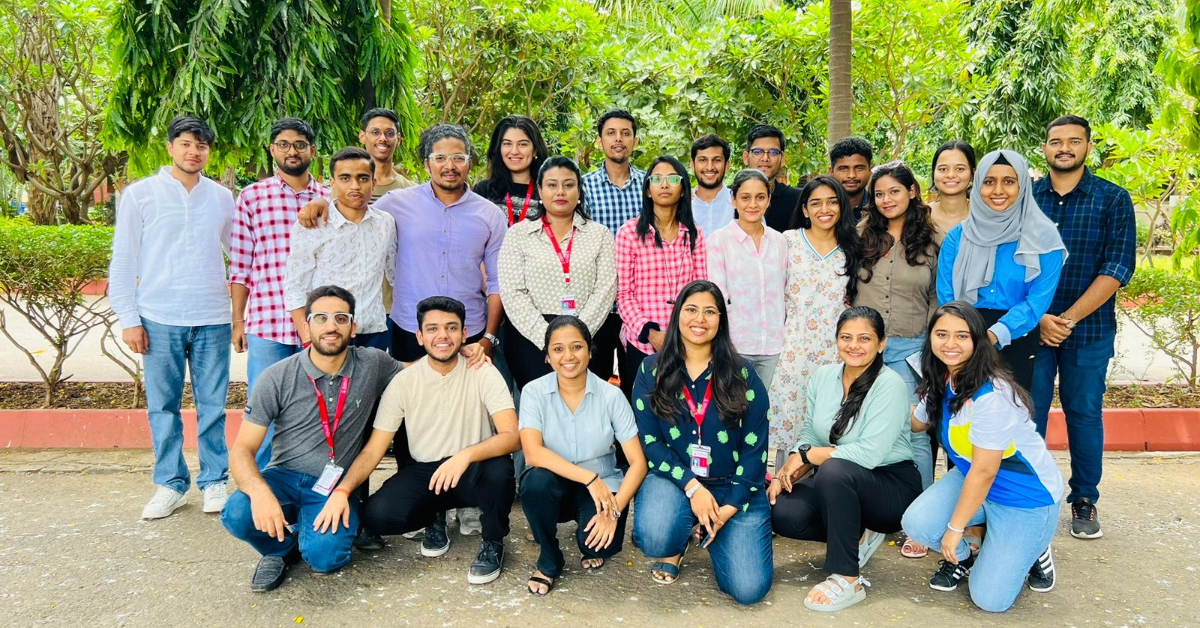
Introduction
The healthcare sector has been growing at an incredible rate as the global population is recovering from the ravages of the pandemic. The focus has shifted from products and services to the care delivery and accessibility of healthcare. Traditionally, the healthcare sector was confined to hospitals, pharmaceuticals and medical devices, but today, it encompasses a range of services such as health insurance, medical tourism, diagnostics, biosimilars and telemedicine. The sector is transforming due to digitisation, artificial intelligence and automation. It has led to an increase in the requirement for skilled medical experts and professional managers.
Healthcare Sector India Outlook
The public expenditure on healthcare and developing public health infrastructure has been termed as ‘the nerve centre of the public health system’ by Smt. Nirmala Sitaraman, Union Minister for Finance and Corporate Affairs. The Economic Survey 2023 highlights the growth in the total number of personnel in the Health Ecosystem, including physicians, pharmacists and health management professionals.
The healthcare sector in India has focused on the adoption of technology to improve care delivery for all with support from the government policy initiatives of Ayushman Bharat and the National Health Digital Mission to improve health outcomes. The sector is growing at a CAGR of 22% between 2016-22 to US $ 372 billion in 2022. The e-health market is forecasted to reach US $ 10.6 billion by 2025. The expansion of digital health services, the development of electronic health records, telemedicine and the push for technology-enabled medical devices, ‘Medtech’, make healthcare a sunrise sector in India.
In order to service the needs of the vast population, it is important to build a diverse workforce along with physicians and nursing staff. There is a growing requirement for trained professionals to embrace cultural competence, emotional intelligence, and resilience. The adoption of technology at all levels requires trained professionals in artificial Intelligence, blockchains, cloud computing and data analytics. Complex project execution requires good communication skills, teamwork and leadership.
The Significance of an MBA in Healthcare Management
Higher education in India has acquired the focus on MBA in Healthcare to navigate the new normal and provide for the growing demand of healthcare professionals. A career in healthcare is promising and challenging at the same time. The challenges in global healthcare have underlined the need for good leadership in decision-making. Future managers must develop an understanding of the dynamic external environment comprising regulations, disruptive technologies, and unpredictable geopolitics. The most important characteristic to develop is empathy for societal needs.
K J Somaiya Institute of Management – a constituent institute of Somaiya Vidyavihar University, has a two-year full-time MBA in Healthcare Management. It is uniquely anchored in the founder’s vision of ‘striving to provide access and opportunity to build a more inclusive society’. The values of cultural competence, humility and diversity ingrained in our education system resonate with the most essential skills in global healthcare systems.
The program focuses on healthcare in a holistic manner and has an academic partnership with KJ Somaiya Hospital and Research Centre. Along with building core management competencies such as critical thinking ability, leadership, communication skills, etc., the program also focuses on building competency of integrative thinking in healthcare management.
We believe experiential learning is essential for the student’s growth. The opportunity of a capstone project in the healthcare sector is availed by all the students. They greatly benefit from the international immersion program to the UK conducted with the National Association of Primary Care, UK. Understanding clinical pathways and care delivery platforms.
The courses on design thinking in healthcare, product and business development, emerging technologies in healthcare, and health analytics help students to ideate and check the feasibility of innovations on the ground. Somaiya campus has an incubator, Riidl, which stands for ‘Research Innovation Incubation Design Lab’, which is an innovation centre and a Tech business incubator in the Somaiya campus. The students are encouraged to develop and test their ideas with the support of this incubator.
- Specific objectives of the program:
- To enable students with requisite competencies to take the advantages of growing healthcare sector
- To equip students with relevant managerial and technical skills to tackle the challenges faced by the healthcare industry
- To update their knowledge about the changing business environment in the healthcare sector and help them apply different management techniques at the organisational level
- Potential candidates:
- Students doing dentistry (most likely to take up the survey)
- Pharmacy students
- Homeopathy students
- Physiotherapy students
- Ayurveda students
- People looking for change in their careers from technical posts to managerial positions within the healthcare industry or moving to non-clinical work.
- MBBS students
- Students with a science graduation background
- People who are into marketing function of large hospitals
- Engineers aspiring to make a career in healthcare (Medical Devices/Medtech/Consultancy)
The graduates from the program have successfully been placed in insurance, consultancy, medical devices, hospital administration, digital marketing and Medtech companies.
The institute is committed to good quality education for grooming future healthcare leaders. Aspirants looking to build a career in healthcare can take advantage of the opportunity.
Admissions are open for MBA (With Major and Minor), MBA in Healthcare Management, and MBA in Sports Management for ther batch of 2024-26. For application submissions or further information, please click here.
